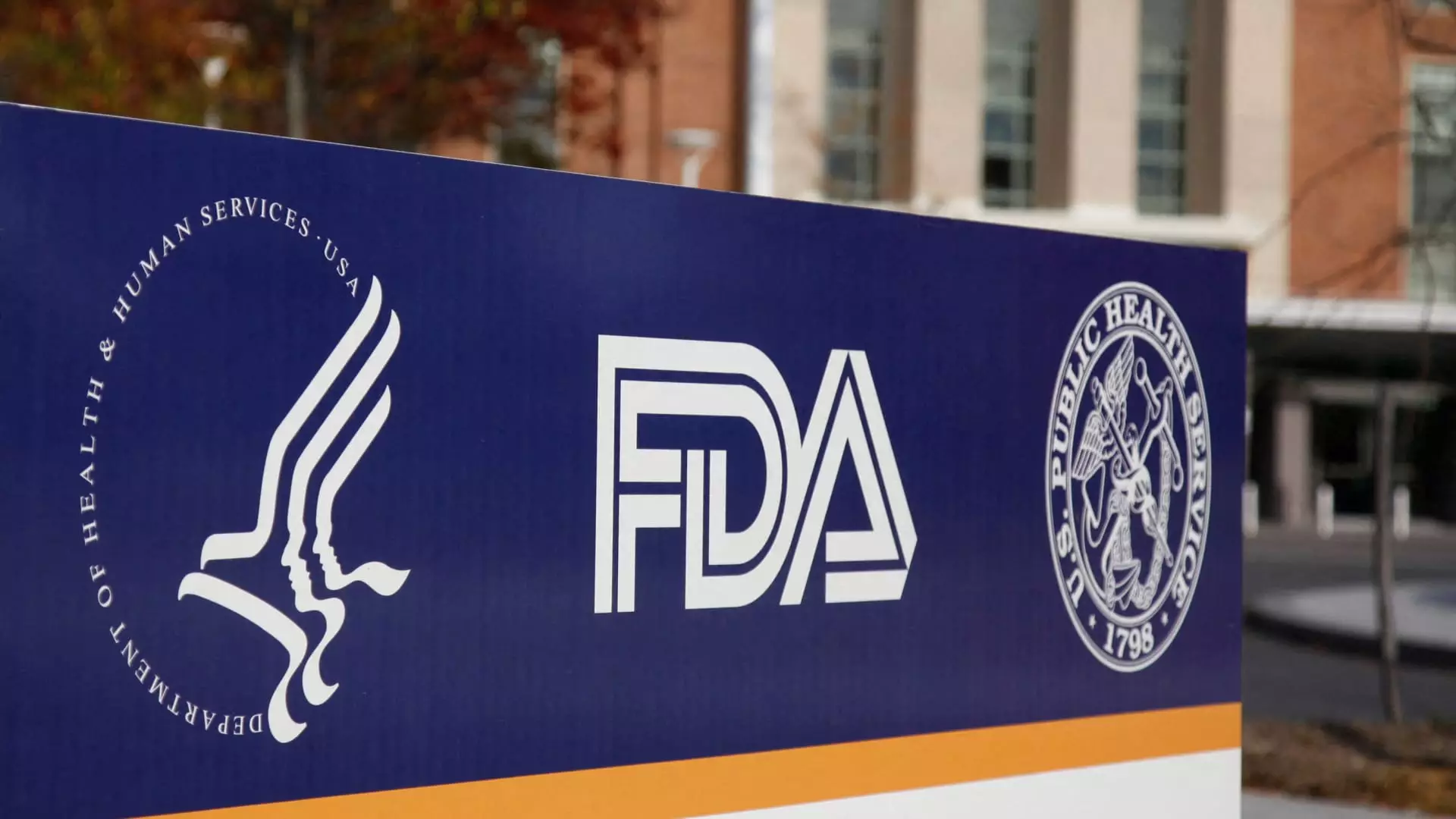In a troubling turn of events, the Food and Drug Administration (FDA) has dismantled its Division of Learning and Organizational Development (DLOD), an essential component for training its workforce and external health care professionals. This preemptive strike, executed under Robert F. Kennedy Jr.’s sweeping restructuring mandate for the Department of Health and Human Services (HHS), is not merely a budgetary cut; it represents a profound threat to public health efficacy in an era that desperately requires enlightened oversight in health care practices.
The DLOD may have been a small division, with roughly 30 employees, but its influence extended far beyond its size. It functioned as a hub for education on crucial public health topics such as opioid safety, infectious disease awareness, and drug regulatory processes. The elimination of this division disrupts a vast network of medical professionals, including physicians, nurses, pharmacists, and pharmacy technicians, who relied on FDA-led programs for continuing education and updates in medical science.
This isn’t just a loss of personnel; it’s an erosion of essential knowledge-sharing that forms the backbone of an informed health care system. By targeting educational resources, the FDA transforms from a regulator of safety into a gatekeeper of ignorance — a stance that can only perpetuate the very crises it is sworn to mitigate.
The Illusion of Streamlining Operations
Kennedy’s intent to “streamline operations” ostensibly aims to add efficiency to the bureaucratic machinery of HHS and its constituent bodies. However, in eliminating positions that provide foundational educational training, he overlooks a critical equilibrium: knowledge is as central to operational success as redundancy in staffing. By severely cutting 10,000 jobs across HHS, including about 3,500 within the FDA, one must question the fundamental principles guiding these layoffs. Are we sacrificing the very pillars that maintain public trust in health care systems?
In order to alleviate perceived bloat, the Trump administration is dismantling key player roles in public health protection. For instance, the layoffs include veterinarians responsible for overseeing veterinary health amidst outbreaks, a fact that encapsulates negligence in public health policy. However streamlined the operations may theoretically become, the detriment to public safety is irrefutable. When health professionals cannot access high-quality educational resources, they are left floundering amidst confusion and fragmentation, risking the lives of those they are meant to protect.
A Breakdown of Professional Development
The sweeping cuts forced upon the DLOD have widespread implications. Without adequate training and accreditation for ongoing education, health professionals risk becoming ill-equipped in a field that constantly evolves with new medical findings and technological advancements. The FDA’s own education programs facilitated crucial training that informed the staff and extended learning opportunities beyond agency walls.
One insider conveyed the disarray, stating, “With the removal of DLOD, there’s a great deal of uncertainty about how learners and professionals will adapt.” This despair translates not only into internal agency turmoil but also external confusion across the medical community. When individuals are left to navigate their own educational paths amid regulatory shifts, inconsistencies are inevitable. The once reliable accreditation programs are now victims of cost-cutting measures, relegating essential training into oblivion.
Moreover, the financial context surrounding these decisions is deeply flawed. The Continuing Education and Consultation Accreditation Team, one of the most vital offices within DLOD, was funded via user fees from private entities and not taxpayer dollars. By dismantling this office, the FDA isn’t merely cutting jobs; it’s repurposing a self-sustaining educational framework into a void where public health can deteriorate unmonitored.
The recent dismantling of the DLOD reflects a disconcerting pattern within health bureaucracies that prioritize financial gain over the well-being of the very populace they are entrusted to protect. Ignoring the rich soil of educational resources in favor of superficial efficiency is an act steeped in shortsightedness. In a landscape where misinformation and rapid medical evolution abound, diminishing educational capacities leaves both practitioners and patients vulnerable.
This decision signals a need for societal vigilance — an urgent call to both lawmakers and the public to demand accountability. Advocating for robust training and development frameworks isn’t only rational; it’s an ethical obligation to ensure that regulatory bodies remain equipped to safeguard our health. The erosion of the DLOD serves as a forewarning: revolutions in health care must be grounded in knowledge, transparency, and unwavering commitment to public welfare.


Leave a Reply